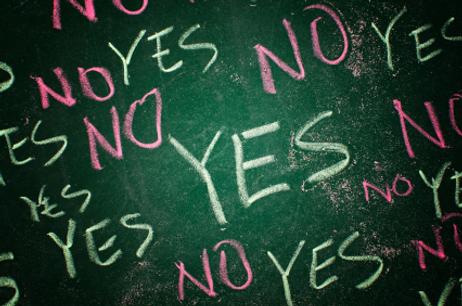School vouchers have been a controversial debate among community members and educators for more than a decade – and there are no signs of the debate simmering.
Vouchers are essentially a form of “tax scholarship” for public school students, wherein the educational tax (which typically is given directly to public schools) can be used to pay for alternative forms of education. With the voucher approach, taxes allow parents to send their children to a school of their choice; this money can even be used for private schools.
While many parents and educators believe that vouchers give students the freedom to seek out better educational opportunities, other individuals and experts assert that vouchers simply deprive struggling schools of receiving much-needed funding for improvement. With this great debate, one must question: are vouchers destroying or saving our public schools?
This video from NPR explains how vouchers work.
How Do Vouchers Work?
As public schools rely upon tax dollars for funding, each student who attends a public school is “worth” a certain amount of tax dollars. Each public school district or county is provided with a different “tax worth” for their students, which is determined in elections by community members.
For example, “District A” schools may receive $5,000 per student (annually), while “District B” may only be provided with $4,000 per student (annually). If “District A” is provided with more money and funding for each student, then “District A” is able to hire more teachers, buy more supplies, gain greater technologies, and spend more on enhancing the school.
In a voucher system, a student attending “District B” may want to improve her educational opportunity, perhaps by enrolling in school at “District A,” where there are better resources and more teachers. With a voucher, the student attending “District B” could essentially take $4,000 to pay for her education to attend “District A” schools. Or on the other hand, this “District B” student could even use the $4,000 to pay for her own private school tuition as well.
The benefit of this scenario is that the student from “District B” can potentially receive an enhanced education at a better school. However, the disadvantage to this voucher approach lies in the fact that if students begin to leave “District B,” then the school will eventually run completely out of funding. This may create a vicious cycle where “District B” will never have sufficient funding to improve their school.
This video from the Heritage Foundation explains how school choice works.
Voucher Opponents: How Vouchers Endanger Public Schools and Communities
By taking a closer look at the “District A” and “District B” struggle, one would be forced to recognize the fact that “District B” would gradually lose funding, resulting in the school’s inability to buy new materials and pay for more teachers. “District B” would be forced to cut programs and diminish the overall quality of education at the campus. As a result, while the voucher system may have provided some students with greater personal opportunities, these same opportunities are paid for at the cost of whole schools or districts.
When a school or whole district begins to decline (through the loss of students, job cuts, and loss of funding), community-wide problems often arise. Teachers and staff laid off from the school will increase community-wide unemployment. When teachers in a deprived area with low student enrollment are often laid off, they even leave the city/state/ region. As unemployed school workers take flight, whole communities can suddenly face a tremendous loss in tax revenue—especially if new community members do not move in to take the former members’ place.
Additionally, a failing school/district can also greatly affect the property value of homes in a community, as a home’s value is significantly influenced by the nearby success or failure of schools. As parents looking to buy a new house shall research the nearby school systems, a failing school system often leads to less interested buyers, resulting in homes that gradually lose value.
Overall, most educational leaders and city planners view the voucher system as quite risky. As schools depend on taxpayer dollars, providing families with the opportunity to personally control the direction of each tax dollar can lead to some public schools succeeding, with other public schools failing.
With this dichotomy, the pros and cons of the voucher system are waging a seemingly endless debate. In fact, according to reports from The Washington Post, nearly every state and city that has offered vouchers as an option in an election has been unsuccessful. In fact, vouchers have even been banned in some states, such as Arizona, where high courts have deemed vouchers “unconstitutional.” Since vouchers can be used to pay for private and religious schools, many argue it violates the Constitution’s separation of church and state. Overall, it seems as though the public is very trepidations and cautious about implementing voucher programs.
Voucher Proponents: The Benefits of "Free Market" Education
Most individuals supporting vouchers argue that students assigned to failing schools should not be forced to endure a lower-quality education. For students in a district with lower-achieving schools, vouchers often provide great freedom and opportunity, as students can utilize their tax “worth” to pay for private or alternative public education. By putting tax money towards private education, many individuals argue that the public and private schools would be forced to compete in a free-market system, where both systems would improve and enhance in order to pull in more students—or, with this approach, “customers.”
This video from the Washington Policy Center discusses the benefits of school choice.
As America’s public schools struggle to maintain standards of academic excellence, the debate regarding school vouchers is one that shall be waged for many more years to come. For now, most school leaders and community members would agree that vouchers pose a great risk to threatening the public school system and the general community, while other parents rally for the ability of their children to enjoy the freedom of academic choice.
Questions? Contact us on Facebook. @publicschoolreview















